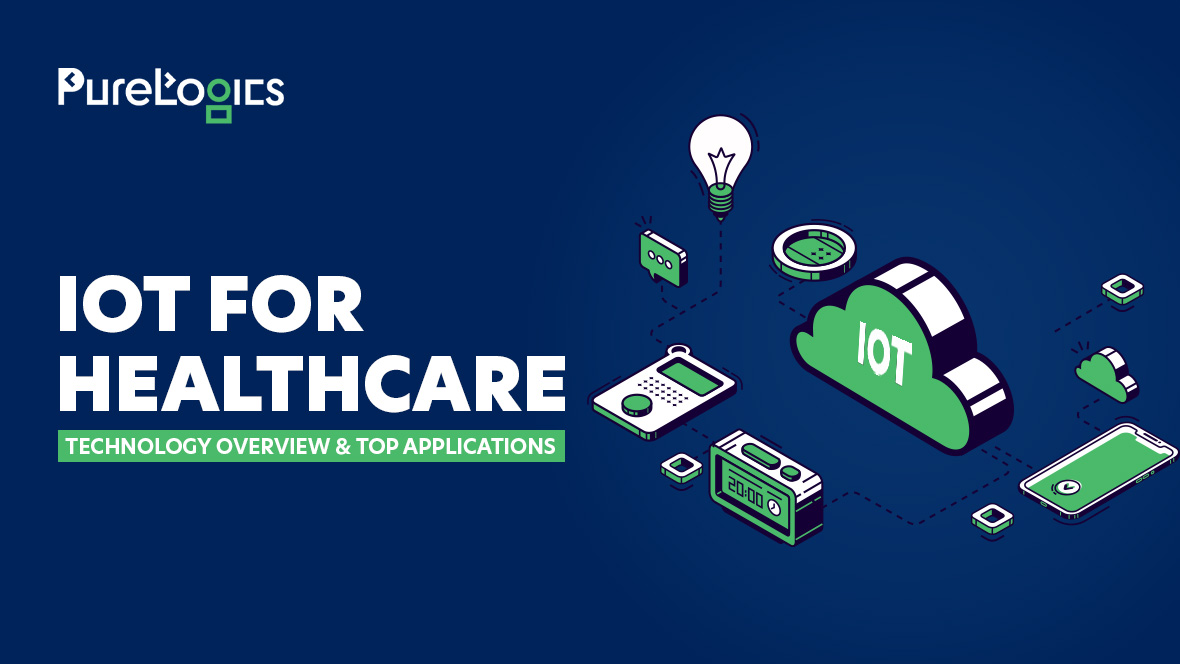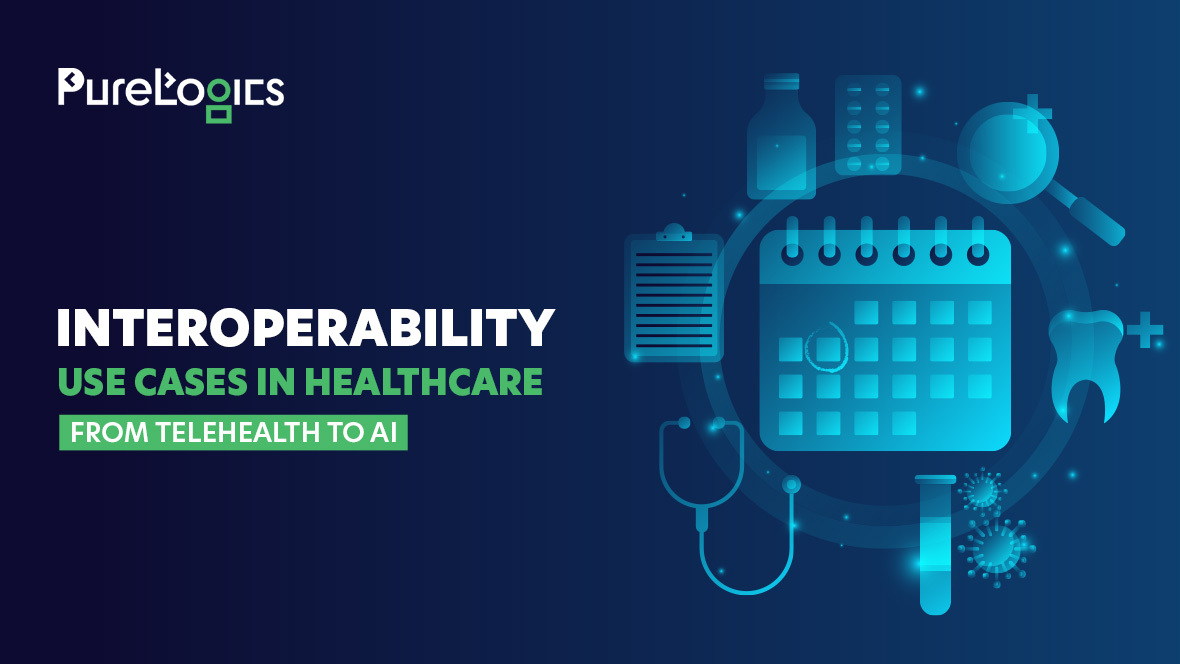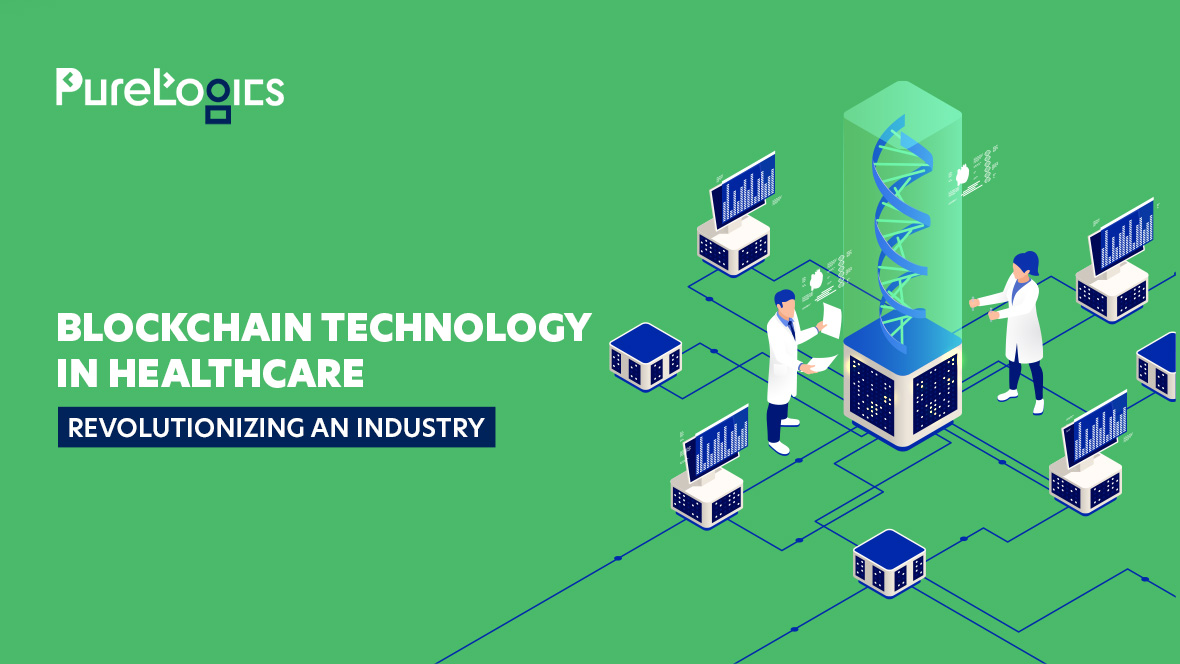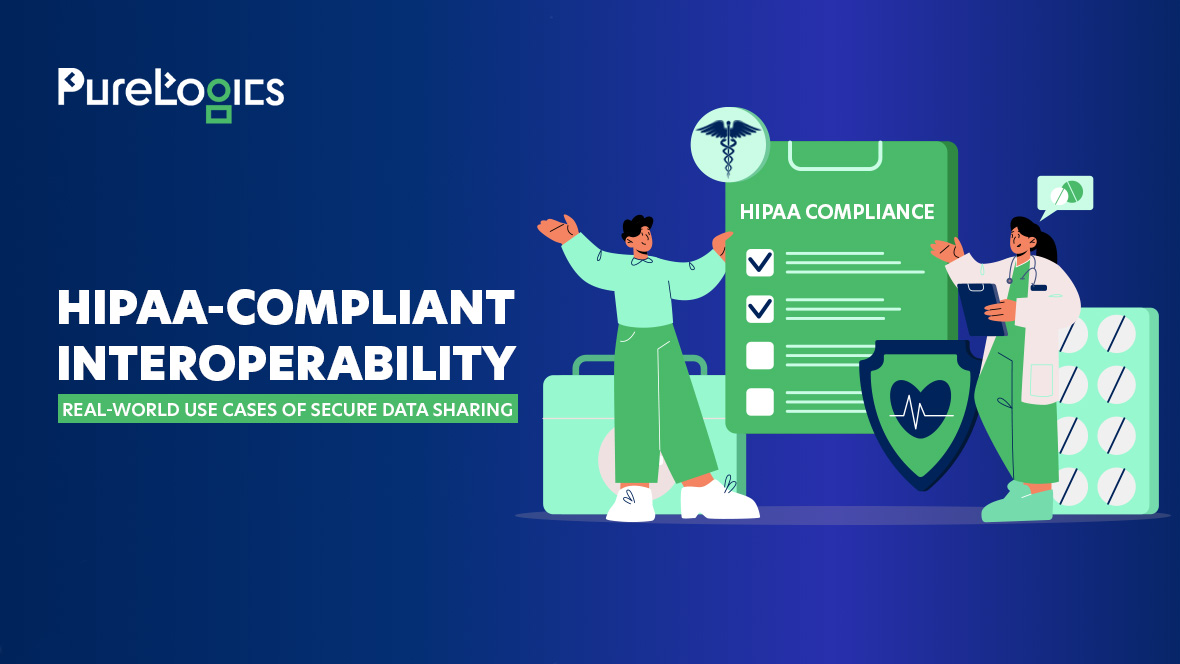If you’re someone who provides dedicated healthcare services in the U.S.A., you would have known that the United States wastes $1+ trillion annually of healthcare spending on administration and related inefficient processes.
This is a shocking number, which shows that the U.S. healthcare industry has such a big loophole. But we have a solution to this problem. If you employ it, you can save your hard-earned money and improve the quality of your healthcare service or product.
That solution is FHIR, which is an acronym for Fast Healthcare Interoperability Resources. It possesses the potential to revolutionize the landscape of your healthcare business.
In this blog post, we have shed light on what FHIR is, how it works, and why FHIR is important for your healthcare business. So, without wasting any time, let’s dive deep into FHIR!
Contact Us Today
Get in touch to learn more about our services and how we can help you.
What is FHIR?
Fast Healthcare Interoperability Resources (or FHIR) is a globally accepted standard for exchanging healthcare information electronically. Developed by HL7, it aims to make it easier for healthcare systems to share their data in a safe and efficient manner.
FHIR employs web technologies such as HTTP, XML, RESTful APIs, and JSON, which makes it easier to implement and integrate with existing healthcare systems.
How FHIR Works
FHIR defines a set of “resources” (e.g., patients, observations) that represent granular clinical data. These resources can be retrieved, updated, and deleted via HTTP requests, enabling interoperability and real-time access to health information.
The goal of FHIR is to simplify the process of implementation while promoting innovation and integration across various healthcare applications. It ensures that data is easily accessible and usable by the required stakeholders in the healthcare system.
FHIR! FHIR! FHIR! Why It is Important for Healthcare Today

When it comes to interoperability, FHIR and mobile API applications are the future.
Do you know what an API is? It is a combination of requirements that entail how different applications should communicate and interact with one another.
In other words, an API is an interface that provides software developers with programmatic access to proprietary software applications. By regulating all incoming data and requests as appropriate FHIR resources, APIs ensure seamless integration with healthcare stakeholders and medical devices.
As we discussed earlier, the U.S. healthcare industry already loses $1+ trillion annually on inefficient administrative and communication processes. These medical errors cause more than 250K fatalities annually.
You would be astonished to hear that medical errors are the third leading cause of death in the U.S. So, it is important for healthcare businesses to install FHIR software to stay competitive in the market.
The Fundamental Principles of FHIR
There was no FHIR manifesto in the past. However, the continuous efforts of globally renowned healthcare experts led to the formation of an official document, which is known as the Fundamental Principles of FHIR.
Let’s have a brief look at its important points:
- FHIR is free to employ and has no barriers to adoption.
- FHIR gives priority to implementation over theoretical perfection.
- FHIR offers guidelines, but doesn’t impose tight specifications.
- FHIR offers a flexible interoperability framework for seamless data exchange.
- FHIR uses open-source development terms, fostering collaboration and innovation.
- FHIR supports different exchange models and architectural approaches.
- FHIR uses common web technologies, which simplify integration and development.
- FHIR maintains complications where they belong, ensuring simplicity for end-users.
- FHIR is compatible (both forward and backward), facilitating smooth transitions.
- FHIR tooling requirements are simple and minimal, enabling easy adoption and implementation.
Top 5 Benefits of FHIR for Healthcare
Following are some amazing advantages of using HL7 FHIR. Let’s explore each of the below and discuss in detail how FHIR can benefit your company.
Easy to understand and use
FHIR has been gaining huge appreciation in the healthcare industry due to its implementation factor. FHIR is easy to understand and use.
Healthcare professionals can easily understand how FHIR works in reality. The features of FHIR are 100% available; you don’t need to login or follow any complicated restrictions to use it.
It also provides different introductions, summaries, and examples, which can help healthcare experts understand it immediately.
FHIR is developer-friendly
FHIR leverages modern, famous web technologies like REST, JSON, OAuth, ATOM, and XML. Many software developers are familiar with these technologies, so they can help healthcare companies in the development and implementation of FHIR.
Interoperability
Before the arrival of FHIR, healthcare data was often trapped in proprietary formats and systems. And it has always been difficult to share between healthcare stakeholders.
The HL7 FHIR standard is highly interoperable. It means that you can use it across multiple healthcare applications and systems, no matter what the vendor or platform.
Efficiency and cost savings
Do you remember that shocking statistic about spending $1 trillion on healthcare administrative tasks? FHIR can significantly save this money.
Patient data holds great importance in the healthcare industry.
One fault in records can cause the healthcare industry to lose millions and billions of dollars. This is a top reason FHIR is trending nowadays in healthcare organizations, as it can properly manage and secure their healthcare data.
Patient experience
FHIR is easy to use and integrate across all healthcare applications and devices, so it improves the patient experience and empowers patient care.
FHIR helps hospitals share medical data with patients, which enables patients to better manage and track their health records. So, it allows healthcare organizations to establish trust in their healthcare services as well as their providers.
Challenges in the Implementation of FHIR in the Healthcare Industry
FHIR has a huge potential to change the fortunes of the healthcare industry, but there are some challenges that ought to be resolved. Following are a few challenges that healthcare companies face when it comes to the implementation of FHIR.
Legacy systems
It is unfortunate that many healthcare organizations still rely on traditional and outdated legacy systems. These systems are not compatible with FHIR standards. So, it is difficult and costly for institutions to migrate from these systems to FHIR-friendly systems.
Security concerns
Patient data, data privacy, and data security hold great importance in the healthcare industry, but there are still many institutions that don’t follow HIPPA compliance measures.
So, healthcare organizations should make sure to follow healthcare regulations like HIPPA for better healthcare data management.
Technical challenges
When it comes to FHIR implementation in the healthcare industry, a few technical challenges that arise are data integration between devices with different bandwidths, EHR record sharing, and technical compatibility between medical and claims data.
Resistance to change
Many healthcare companies and hospitals are showing resistance to adopting the FHIR standard. The healthcare experts and administrative staff need proper education and training, which is another challenge in the FHIR implementation.
How PureLogics can Help your Healthcare Business with FHIR

As a top-rated custom software development company in the United States, we understand the administrative challenges hospitals and healthcare experts face when providing healthcare services to their patients.
Our team of software developers in New York City has been providing healthcare-related web development, mobile app development services, and machine learning services for more than 19 years.
We know how to develop and successfully implement FHIR-compliant solutions according to the needs of your healthcare businesses.
Our FHIR software development services include:
- FHIR app development
- Data migration and transformation
- Compliance and security
- Training and support
Contact us today, discuss your nature of business with our healthcare software developers, and learn how they can take your organization, hospital, and clinic business to heights of success.
Contact Us Today
Get in touch to learn more about our services and how we can help you.


 [tta_listen_btn]
[tta_listen_btn]
 September 27 2023
September 27 2023






